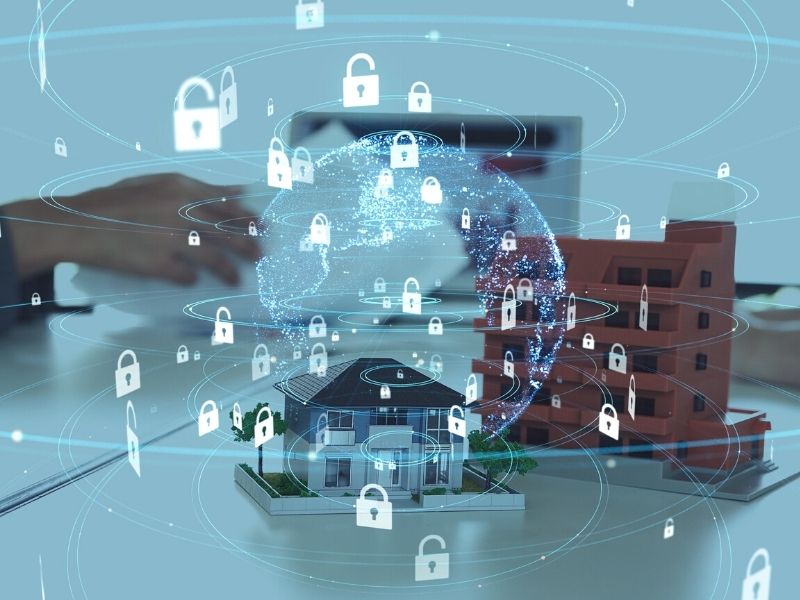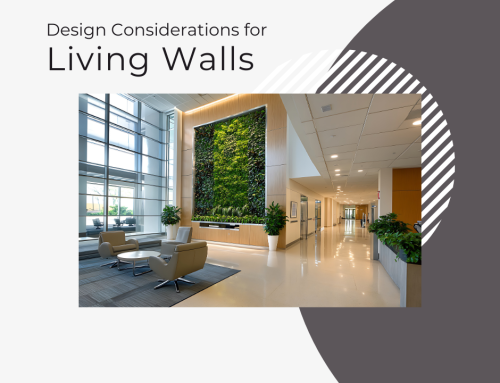The “internet of things” is now a concept that is not just sweeping the nation but the entire world. Smart technology already made itself known through your appliances and electronic gear, making it possible for you to program your thermostat while at home and away. These clever advances might seem like gimmicks at first but, with the coming of 5G, the wizardry of smart security technology for the home and workplace is now a reality.
One troubling issue also developing at the same time is a concern about the hacking of smart security technology. Think about this: if you can unlock your door from 100 miles away, anyone who hacks your home network can do the same. So, as smart security technology grows, the software must improve as well. Fortunately, managed network security services are already in progress and available.
3 Tips for Selecting Smart Security Technology

1. Enhanced security is not always a reference to your internet.
An online search for “security enhancements” will return dozens of links about how to protect your computer from internet dangers. While a lot is written about your intellectual property, there’s not much about how to protect the actual property in your home or in your place of business. Ironically, not adequately protecting your computer may lead to compromising your home and office possessions as well.
Likewise, you don’t want your workplace easily accessible to physical intruders. To deal with this possibility, you must engage an up-to-date home and workplace security provider such as Ik Service.
As good as internet security and encryption maybe, the possibility exists that individuals might discover personal information about you online. Unfortunately, this includes your address, schedule, possessions, and other confidential information. A top-flight security service is an answer.
2. There is a new concept behind controlling security.
An important idea has come to the forefront of security. However, in reality, this is not really a new concept. Rather, it is simply updating in some really important ways. If you visit a military installation or a patient in a memory care unit, you deal with access control. This refers to the ability to limit access to certain facilities or areas. As the internet of things advances, it will become all the more important for you to be able to restrict physical access.
Obviously, this is the case for your workplace. You must limit who moves between certain offices, opens exterior or interior doors, uses elevators and unlatches exterior gates.
Moreover, the same technology is available for your home as well. With the right protective service, you will be able to cordon off areas within your home and limit access to your devices as well.
3. There are a variety of ways to make your home and office safer.
Not all safety solutions must be high-tech. In fact, there are some common-sense practices that always apply to making your office and your home a little safer. They are as follows:
- Know who has keys and change the locks.
- Also, regularly change out the cylinders in your office and dwelling door locks.
- Make sure the window and door locks work.
- Do not make it easy for someone to get in by leaving something unlocked or leaving a broken latch in place.
- Do not leave valuables where they can be seen from outside the building.
In conclusion.
Every security advisor’s list of best home security practices, however, always puts hiring a good smart security technology as the top priority. If you have any questions or suggestions, we always love to hear from you in the comments below. Also below are links to more useful and interesting articles about ALL things DESIGN for your home or business.
Images Courtesy of Canva.
Other Posts You Might Enjoy:
5 Smart Home Appliances that are Worth the Investment
Leap Into the Future with Smart Home Technology





